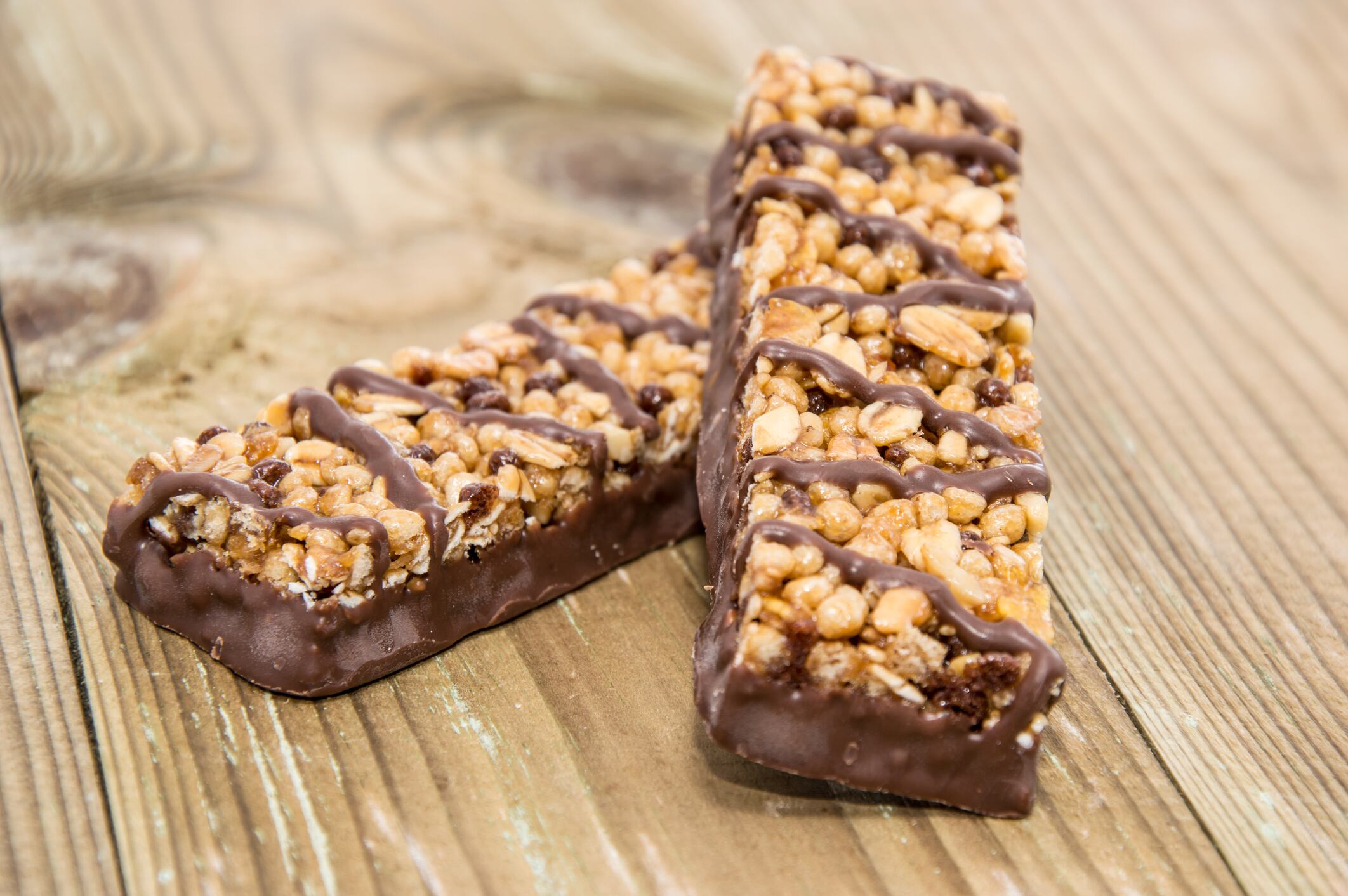A high protein claim on cereal bars interested all the consumers surveyed, particularly those classified as ‘exercisers’ and men, according to findings published in the Journal of Food Science.
However, the high protein claim only drove interest if it was associated with low calories, leading the scientists to propose that the claim should be accompanied by Energy/recovering after exercise and Satiety claims.
“This study contributes knowledge about the impact that front-of-pack label information about certain ingredients and the energy content has on the motives and drivers for snack choices and perceptions of healthiness,” wrote scientists from the Univ. Nacional de Colombia Sede Manizales, Inst. de Agroquímica y Tecnología de Alimentos (IATA-CSIC – Spain) and Univ. de Ibagué (Colombia)
“The results contribute interesting results on the behavior of some consumer segments, in particular, exercisers and people involved in fitness activities, who are supposed to have special dietary needs.”
Study details
The researchers recruited 204 people to participate in their survey, and they were classified as either exercisers (n = 103) or non-exercisers (n = 101). The participants were asked to complete a questionnaire to ascertain their reasons for consuming cereal bars as a snack, and, perhaps unsurprisingly, the most important factors were convenience, pleasure/indulgence and liking. There were no differences between the exerciser and non-exerciser groups for these responses.
They were then asked rate their interest in cereal bars with four characteristics: "With fruit," "With chocolate," "High protein," and calorie content.
The data showed that ‘high protein’ was more interesting to exercisers and for men.
“This finding would imply that physically active people are aware of the benefits of protein (muscle growth and recovering after exercise) and can be related to the interest in this motive found in the first part of this study,” wrote the researchers.
“The exercisers’ interest in High protein in this study could also be related to their interest not only in muscle growth and recovery but also in the satiating effect of protein.”
Both groups displayed a lot of interest in ‘with chocolate’ and ‘low calorie’ but there was much less interest in ‘with fruit’, said the researchers.
“It was interesting to contrast the awareness of perceived healthiness with the interest in choosing a cereal bar,” they wrote. “The results showed that it does not matter that people associate “With chocolate” with less healthy cereal bars, as all the groups showed interest in choosing the bars with chocolate.
“This result is in accordance with the results of the survey, where the percentage of participants in agreement with motives related to liking was significantly higher than with motives related to healthiness.”
They concluded: “Further studies could be based on reinforcing information about the role of protein in muscle tissue repair after exercising and about satiety‐related items and their impact in different population groups.”
Source: Journal of Food Science
Vol. 84, Issue 8, Pages 2269-2277. doi: 10.1111/1750-3841.14726
“Evaluation of Some Ingredients and Energy Content on Front-of-Pack Cereal Bar Labeling as Drivers of Choice and Perception of Healthiness: A Case Study with Exercisers”
Authors: N.A. Salazar et al.


